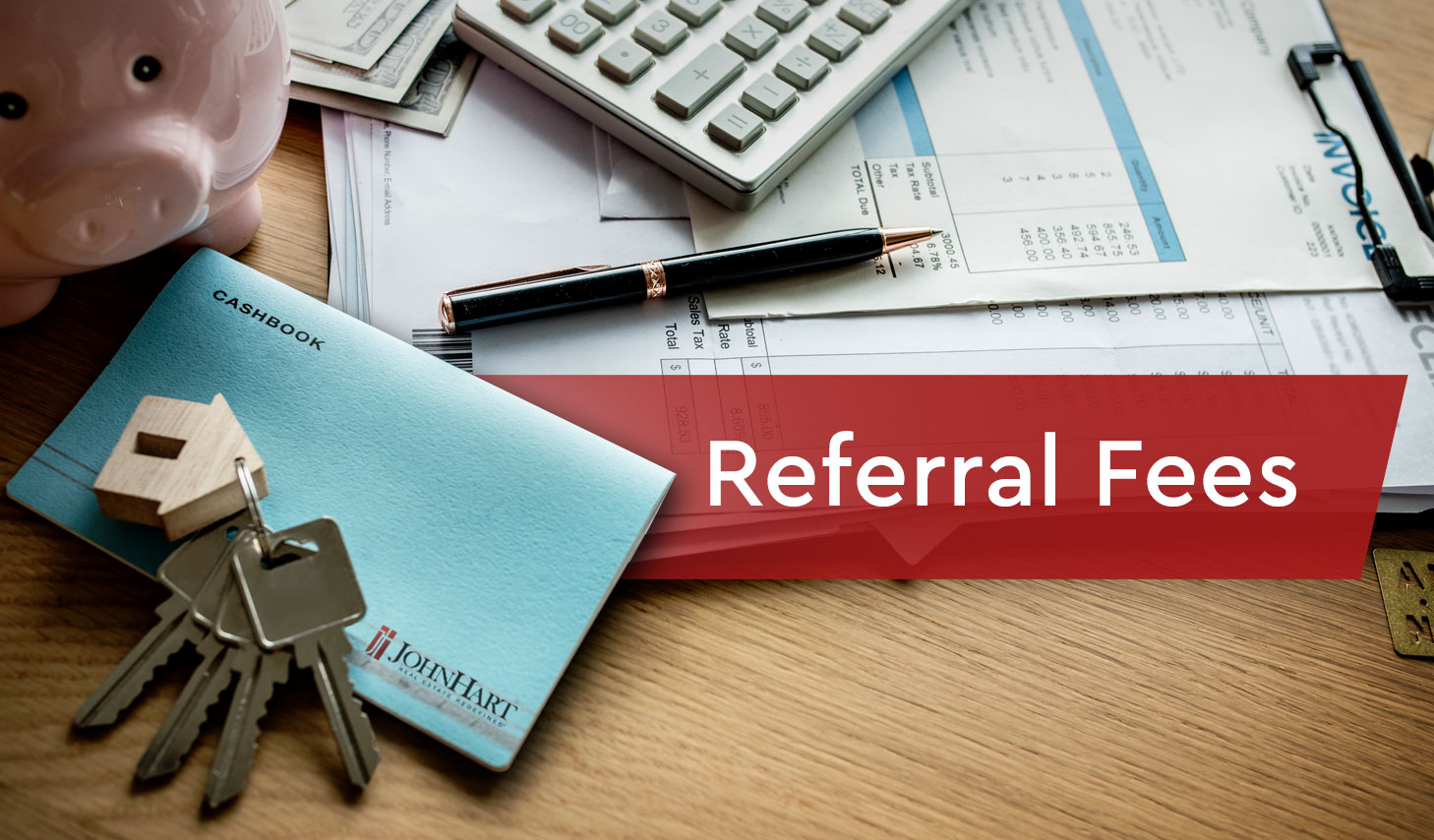
You may be interested in California real estate licensing. Learn more about the requirements and costs. You should also know what forms you need to attach with your application. These forms will help you prepare for your licensing exam. The following article will provide you with an overview of the process and explain how to fill out the necessary documents.
California Real Estate License Requirements
Before you can become a licensed California real estate agent, you must complete pre-licensing courses. These courses must contain three semester units or four quarter units at the college-level. They must be completed by an institution of higher study that has been accredited by the Western Association of Schools and Colleges (or a regional accreditation agency). Further, 45 hours must be spent in training related to real estate at a private school approved by California Real Estate Commission.
Along with submitting an application, your fingerprints must be submitted to the DOJ's Live Scan Program. These fingerprints can be used for background checks. You'll need to set up a convenient time for taking the fingerprints. These fees are non-refundable.

Fees for a real estate license in California
It is important to apply for your California real estate license. You can do this by applying online or attending a real estate school. This approach can offer many benefits including the possibility to learn in supportive surroundings and save time and money. However, it is important to remember that a real estate license in California comes with certain requirements and fees.
California sells a license to salespersons for $60. Brokers are $95. Applying for a California realty license requires applicants to complete an application through California's eLicensing System. Both types of license require passing an exam. For the salesperson licensing, the exam takes three hours and has 150 multiple choice questions. The exam for the broker license takes four hours and includes 200 multiple-choice question. The state requires passing scores of at least 70 percent to obtain a license.
The forms to be included with a realty license application
The first step to becoming a California licensed real estate agent is to apply to for a realty license. You must complete the required coursework and have at minimum two years of sales experience to become a licensed agent. This includes full-time or part-time employment. Once you have submitted your application, a packet with information will be sent to you containing all the forms and instructions.
A fingerprint form will also be required. The form should be sent to Bureau of Real Estate at P.O. Box 137002 in Sacramento, California. You will need to apply for a Branch Office License if you open a new branch office.

Next, you must include the Salesperson License Application and pay the appropriate fee. If you are not from the United States, you must fill in a Consent form to Service of Process. This form should be completed within a year of passing the salesperson examination. Make sure you have all the requirements met and create a checklist to help guide your preparation. This will save you time later.
FAQ
What should I look for when choosing a mortgage broker
Mortgage brokers help people who may not be eligible for traditional mortgages. They shop around for the best deal and compare rates from various lenders. This service is offered by some brokers at a charge. Other brokers offer no-cost services.
What can I do to fix my roof?
Roofs can become leaky due to wear and tear, weather conditions, or improper maintenance. Roofing contractors can help with minor repairs and replacements. Get in touch with us to learn more.
What are the drawbacks of a fixed rate mortgage?
Fixed-rate loans are more expensive than adjustable-rate mortgages because they have higher initial costs. Also, if you decide to sell your home before the end of the term, you may face a steep loss due to the difference between the sale price and the outstanding balance.
Statistics
- It's possible to get approved for an FHA loan with a credit score as low as 580 and a down payment of 3.5% or a credit score as low as 500 and a 10% down payment.5 Specialty mortgage loans are loans that don't fit into the conventional or FHA loan categories. (investopedia.com)
- The FHA sets its desirable debt-to-income ratio at 43%. (fortunebuilders.com)
- Based on your credit scores and other financial details, your lender offers you a 3.5% interest rate on loan. (investopedia.com)
- 10 years ago, homeownership was nearly 70%. (fortunebuilders.com)
- This seems to be a more popular trend as the U.S. Census Bureau reports the homeownership rate was around 65% last year. (fortunebuilders.com)
External Links
How To
How to Manage a Rental Property
You can rent out your home to make extra cash, but you need to be careful. This article will help you decide whether you want to rent your house and provide tips for managing a rental property.
Here's how to rent your home.
-
What do I need to consider first? Before you decide if you want to rent out your house, take a look at your finances. If you have outstanding debts like credit card bills or mortgage payment, you may find it difficult to pay someone else to stay in your home while that you're gone. Check your budget. If your monthly expenses are not covered by your rent, utilities and insurance, it is a sign that you need to reevaluate your finances. ), it might not be worth it.
-
How much does it cost to rent my home? There are many factors that go into the calculation of how much you can charge to let your home. These factors include your location, the size of your home, its condition, and the season. Remember that prices can vary depending on where your live so you shouldn't expect to receive the same rate anywhere. Rightmove estimates that the market average for renting a 1-bedroom flat in London costs around PS1,400 per monthly. This means that if you rent out your entire home, you'd earn around PS2,800 a year. That's not bad, but if you only wanted to let part of your home, you could probably earn significantly less.
-
Is it worth the risk? Doing something new always comes with risks, but if it brings in extra income, why wouldn't you try it? You need to be clear about what you're signing before you do anything. Your home will be your own private sanctuary. However, renting your home means you won't have to spend as much time with your family. Before you sign up, make sure to thoroughly consider all of these points.
-
Are there any benefits? It's clear that renting out your home is expensive. But, you want to look at the potential benefits. You have many options to rent your house: you can pay off debt, invest in vacations, save for rainy days, or simply relax from the hustle and bustle of your daily life. You will likely find it more enjoyable than working every day. Renting could be a full-time career if you plan properly.
-
How do I find tenants? Once you've made the decision that you want your property to be rented out, you must advertise it correctly. Listing your property online through websites like Rightmove or Zoopla is a good place to start. After potential tenants have contacted you, arrange an interview. This will help you evaluate their suitability as well as ensure that they are financially secure enough to live in your home.
-
How do I ensure I am covered? If you fear that your home will be left empty, you need to ensure your home is protected against theft, damage, or fire. You'll need to insure your home, which you can do either through your landlord or directly with an insurer. Your landlord will typically require you to add them in as additional insured. This covers damages to your property that occur while you aren't there. If you are not registered with UK insurers or if your landlord lives abroad, however, this does not apply. In this case, you'll need to register with an international insurer.
-
It's easy to feel that you don't have the time or money to look for tenants. This is especially true if you work from home. It's important to advertise your property with the best possible attitude. Make sure you have a professional looking website. Also, make sure to post your ads online. You'll also need to prepare a thorough application form and provide references. While some prefer to do all the work themselves, others hire professionals who can handle most of it. In either case, be prepared to answer any questions that may arise during interviews.
-
What should I do after I have found my tenant? If you have a current lease in place you'll need inform your tenant about changes, such moving dates. You can negotiate details such as the deposit and length of stay. While you might get paid when the tenancy is over, utilities are still a cost that must be paid.
-
How do I collect my rent? You will need to verify that your tenant has actually paid the rent when it comes time to collect it. If your tenant has not paid, you will need to remind them. You can deduct any outstanding payments from future rents before sending them a final bill. You can always call the police to help you locate your tenant if you have difficulty getting in touch with them. They will not usually evict someone unless they have a breached the contract. But, they can issue a warrant if necessary.
-
What can I do to avoid problems? Although renting your home is a lucrative venture, it is also important to be safe. Ensure you install smoke alarms and carbon monoxide detectors and consider installing security cameras. It is important to check that your neighbors allow you leave your property unlocked at nights and that you have sufficient insurance. Do not let strangers in your home, even though they may be moving in next to you.